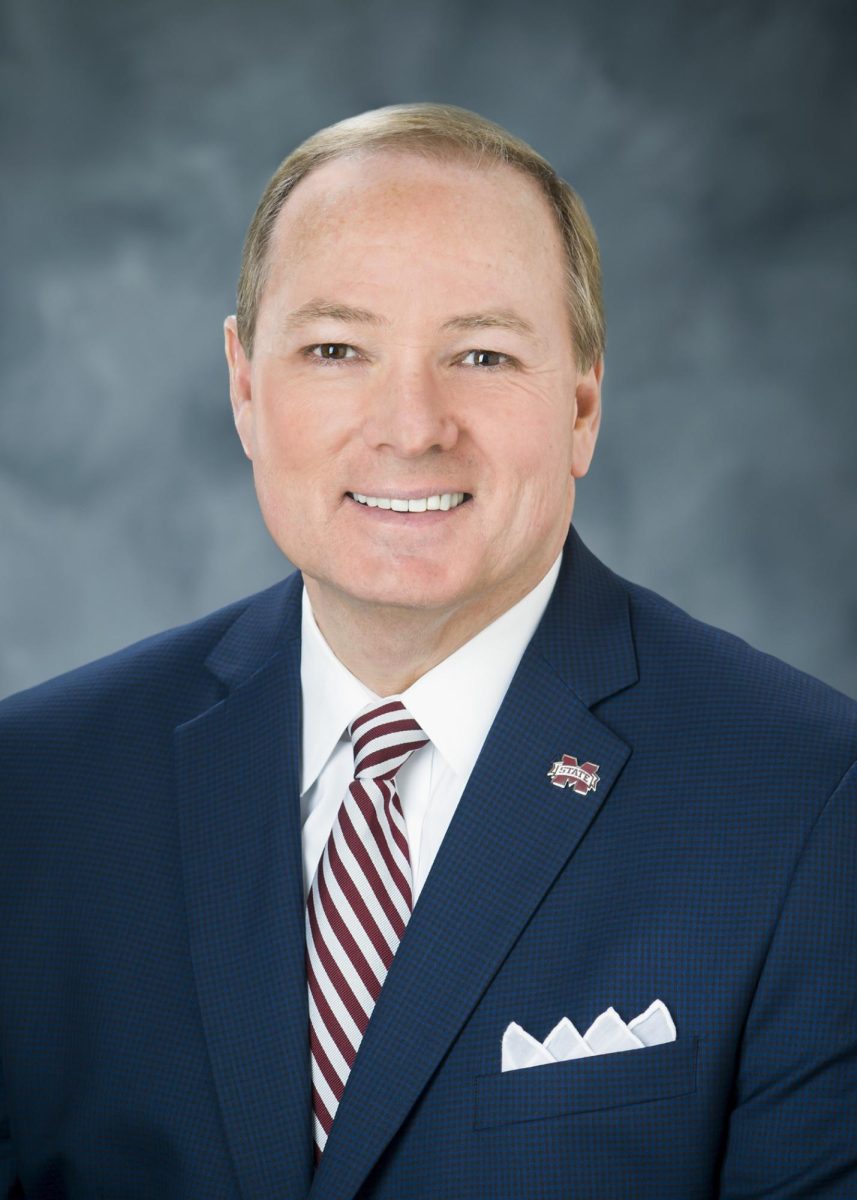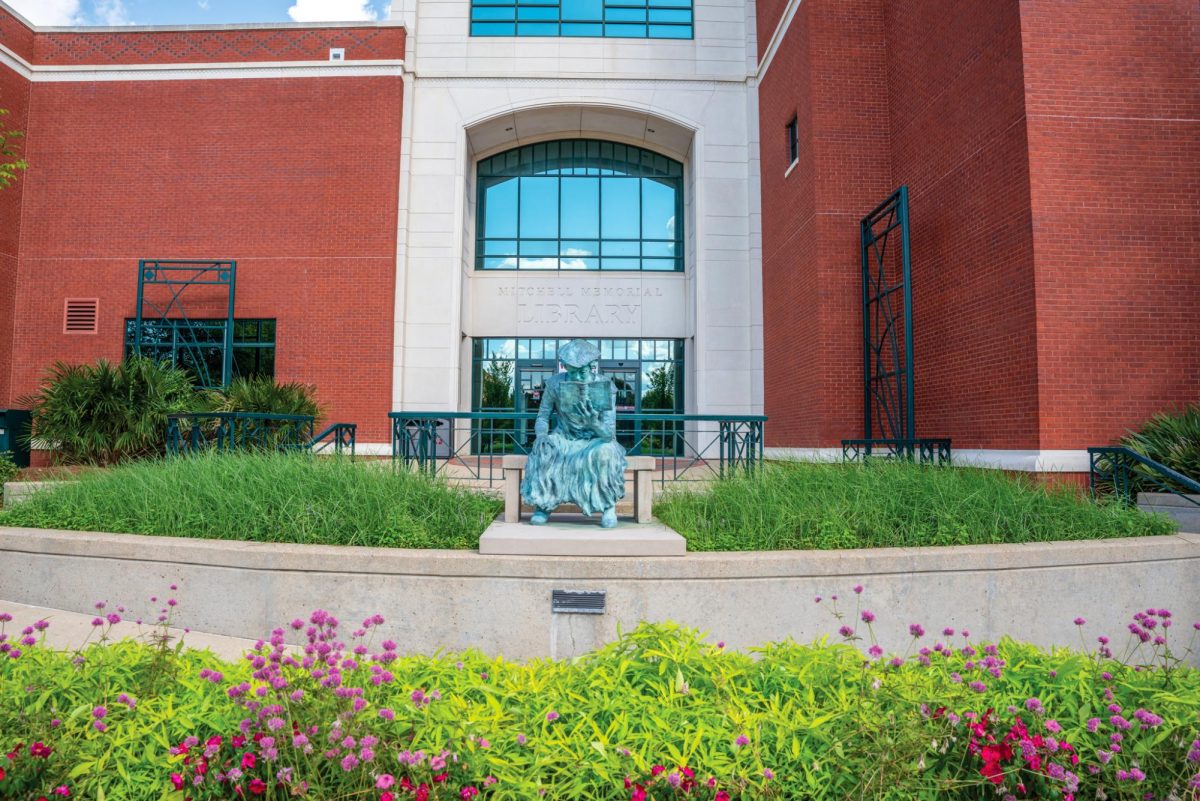Gov. Tate Reeves signed House Bill 1125 into law Tuesday afternoon, establishing the Regulate Experimental Adolescent Procedures (REAP) Act. The act prohibits “gender transition procedures for a person under eighteen years of age.”
Earlier this year, the House of Representatives approved the bill in a 78-28 vote, and the Senate passed it 33-15.
“There is a dangerous movement spreading across America today,” Gov. Reeves said at Tuesday’s signing. “It’s advancing under the guise of a false ideology and pseudoscience. It’s being pushed onto our children through radical activists, social media and online influencers. And it’s trying to convince our children that they are in the wrong body.”
The REAP Act deems “gender transition procedures” as “unprofessional conduct,” and the law bans Mississippi’s public funds from providing expense coverages for such procedures. It states, “A person shall not knowingly provide gender transition procedures to any person under eighteen (18) years of age.”
The Mississippi State Board of Medical Licensure will revoke a doctor’s Mississippi medical license if the doctor violates the REAP Act. Non-physicians would face similar punishment.
Representing Starkville, District 43 Rep. Rob Roberson voted in approval of the bill; District 38 Rep. Cheikh Taylor voted no; District 16 Sen. Angela Turner-Ford and District 15 Sen. Bart Williams did not cast votes.
However, mental health care for transgender youth is accessible under HB1125, according to District 41 Sen. Joey Fillingane.
The Transgender Resources, Advocacy, Networking and Services (T.R.A.N.S.) Program has worked to improve the lives of transgender and gender non-conforming people in Mississippi by offering a variety of resources and community connections.
Executive director of the T.R.A.N.S. Program of Mississippi Jensen Matar said most transgender youths initially transition socially.
“So, maybe the trying on of a new name. Maybe they cut their hair, or they want to grow their hair or maybe they want to try wearing some makeup or a change of clothes,” Matar said. “These are typical ways for trans youth under 18 just to transition socially or transition at all, but there is a small percentage of trans youth … who will need to take steps to physically transition before they turn 18.”
Matar said the decision to begin transitioning is not an overnight one.
After working with the TransUnion of Mississippi for almost a decade, Matar said he has had his own personal experiences with young transgender people.
“I have not come across a single young trans person under the age of 18 who has successfully completed any type of gender affirming surgery. So, for that to be lumped in here as though that’s something that trans youth are even doing at that point in their life, I think is a real slap in the face,” Matar said.
However, for transgender individuals under age 18 who desire starting the process of physically transitioning, this option is likely unavailable.
“Whether a trans young person wants to start hormone replacement therapy today or not, they’re not going to be able to,” Matar said.
Former F.L.A.R.E at Mississippi State University president Harry Jones said gender dysphoria can affect the mental health of transgender youth.
“There is a reason that trans youth are more likely to self-harm or commit suicide, and it is not because they are broken. It is because they have a physically mental condition … that disassociates their identity from their bodies, and that disassociation is reinforced by the gender assigned to them and enforced by everyone around them,” Jones said.
According to the National Library of Medicine, 82% of transgender individuals have, at some point, considered committing suicide, while “40% have attempted suicide”. The highest percentage of this number is within transgender youth; 56% percent said they have attempted suicide, and 86% reported they have had thoughts of suicide.
Hormone replacement therapies and gender affirming surgeries are a rare service within Mississippi.
Stacie Pace works as a transgender medical practitioner in Hattiesburg at Spectrum: The Other Clinic alongside her husband, Lee Pace, who provides occupational therapy for patients. The Paces run the only transgender medical clinic in Mississippi.
Approximately 95% of Spectrum’s medical care focuses on transitional hormone therapy, the Paces said.
Lee Pace also operates Marsha’s Tea Room, a nonprofit service that hosts meetings and provides support for transgender individuals.
Extreme backlash, hate-fueled mail and death threats are no foreign concept to Stacie and Lee Pace. The couple receives angry comments on every virtual avenue possible: Instagram, Facebook, Twitter, text and email.
Despite being the only transgender medical clinic in Mississippi, Stacie Pace said the transgender community in Mississippi is so small that she does not think her clinic would experience major financial impacts from the new law.
“This threat that people seem hell bent on going after amounts to a mere handful of perhaps five or six patients. All of our other patients, who started seeing us at ages 16 or 17, have aged into adulthood already, and of those numbers, it only totals maybe 25 or 30,” Pace said.
This Mississippi legislative session has introduced 31 anti-LGBTQ+ bills, the majority of which focused on transgender rights. Nationwide, there have been nearly 350 bills similar to HB1125.
T.R.A.N.S. director Matar said he views this as a slow, strategized game of political progression: putting laws into place so politicians can get their foot-in-the-door on certain issues, such as health care and athletics participation for LGBTQ+ individuals.
Matar offered words of encouragement to young transgender individuals in the state.
“People love you. People believe in you. You will do great things. You are important,” Matar said.
Editor-in-Chief Heather Harrison contributed to this article.
Gov. Tate Reeves signed House Bill 1125 into law Tuesday.




























































































